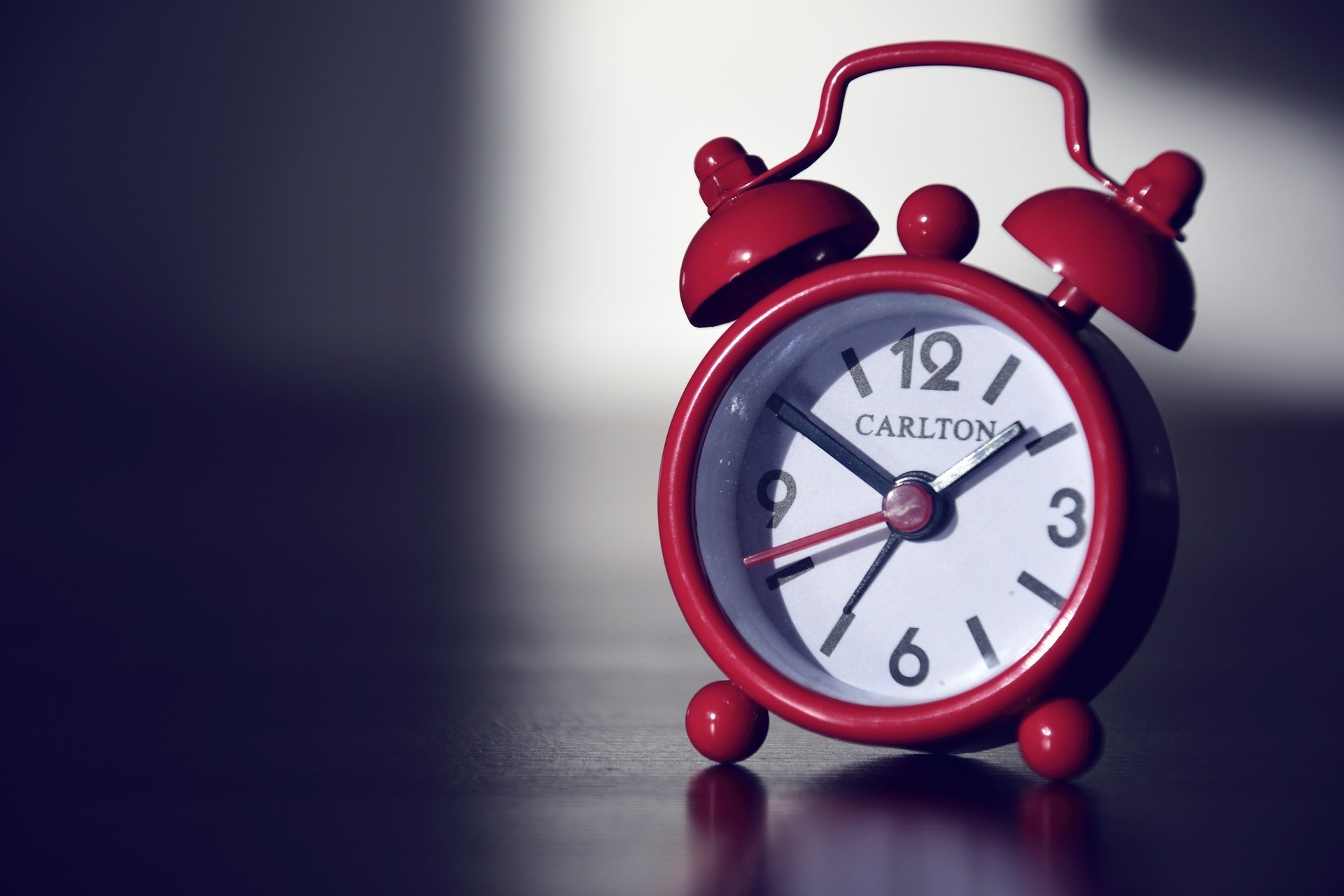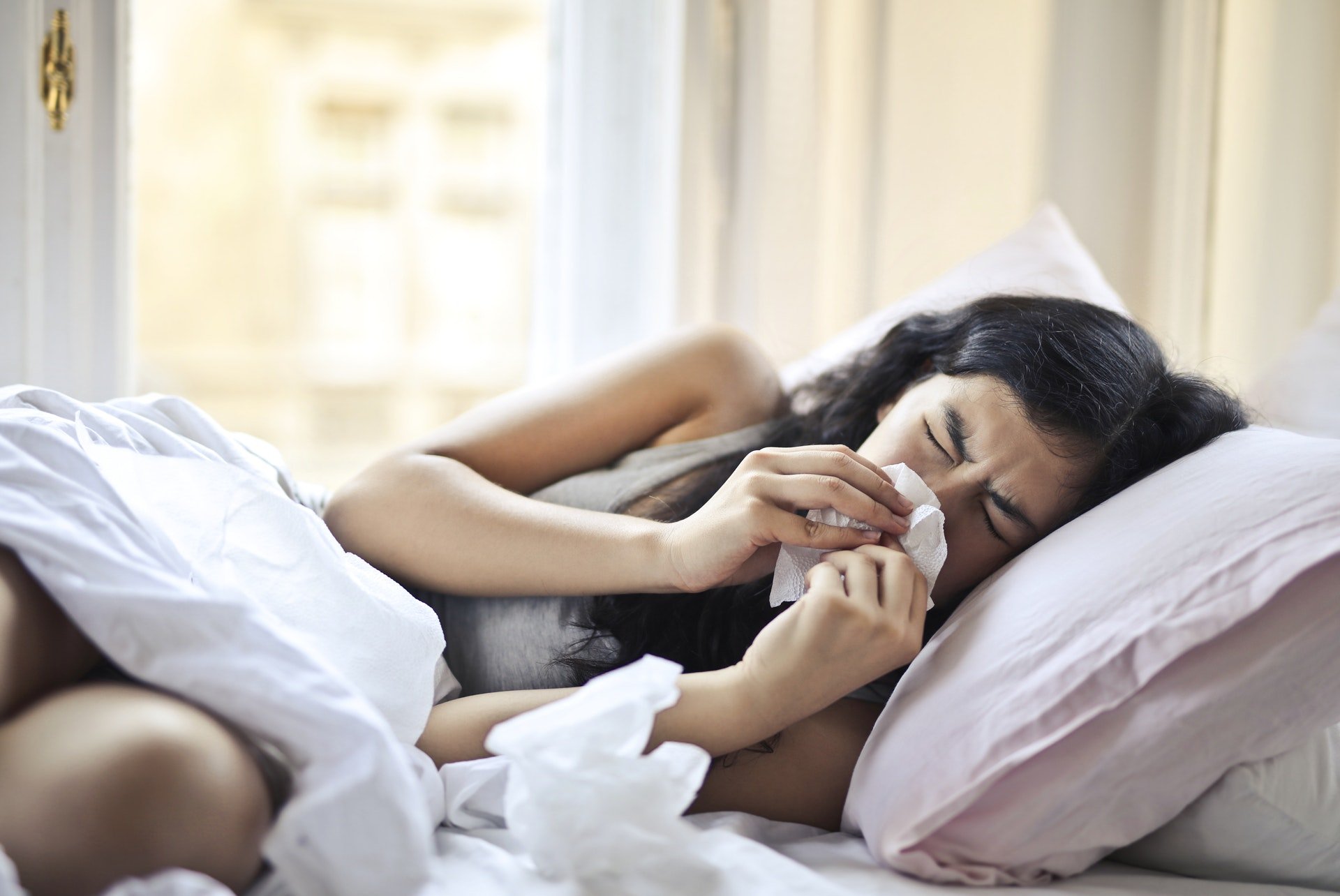
How to avoid waking up through the night
Unplanned wakefulness in the middle of the night is a sleep disruption that affects everyone at some point in time. Unfortunately, rather than there being one particular cause and solution, there's quite a few possible disruptors that could be interfering with your rest.
To help you out, we've put together a few of the most common causes of waking through the night, as well as some of the ways you can deal with them.
First, a note about sleep cycles
Before we dive in, it's important to understand how sleep works and why you often wake at night. Essentially, you sleep in cycles of around 90–120 minutes, where the brain and body undergo different phases of sleep. When you move between these cycles, you're more prone to waking — often, you won't be conscious of this, simply turning over or shuffling in your bed.
However, if there's a disruptor that might drive your mind to full wakefulness, you might find that you become fully conscious. At this point in the middle of the night, it can often be difficult to drop off again as you've already repaid some of your sleep debt, so your brain can feel refreshed despite still needing to bank a few extra hours for the day ahead.
Common causes of waking and the how to deal with them
Anxiety and depression
If you suffer from anxiety or depression, you may find that it's hard to sleep at times. When you're trying to drift off, it's likely that you've removed any distracting stimuli, which makes it much easier to get wrapped up in your thoughts and feelings. When you've got worries related to mental health, they can keep your brain engaged, making you more susceptible to waking through the night.
The solution: Unfortunately, there isn't a quick fix solution for this condition, and you will need to treat the root cause. Be sure to speak to your doctor if you haven't already, as they may be able to prescribe medication or recommend therapy to help you deal with it.
There are a few things that may help you to get a better night's rest, however. You can try getting more exercise, which is often said to improve mood and boost sleep. Or, you can do activities to help you relax before bed, such as meditating, taking a bath, or yoga.
Insomnia
Insomnia is a condition that affects millions of people, with 31% of Brits saying they suffer from it (Aviva). While the main problem is often actually nodding off in the first place, the condition is also associated with staying asleep for the duration of the night (sleep maintenance insomnia).
While insomnia is commonly linked to anxiety and depression, it can be self-inflicted, often caused by a person's habits through the day that they don't realise is actually impacting their quality of rest.
The solution: If its worry that's causing you to wake up, you're probably suffering from anxiety or depression and need to seek treatment (see above).However, if you feel like your mood is not disrupting your sleep, it may be something else that can be fixed with a lifestyle adjustment.
Some of the techniques you can try to beat your insomnia include:
- Avoiding heavy or spicy meals in the hours before bed: If you regularly eat heavy or spicy food late in the evening, you are causing your body to work harder and digest something when it should be relaxed. Cut this out and you may find your insomnia subsides and you wake less through the night.
- Avoiding napping for too long or near bedtime: By napping for too long or too late, you can begin to overpay your body's sleep debt for the day and find it harder to sleep at night. Try to take your naps in the early afternoon and keep them to less than 90 minutes — read our post on the art of napping to get more advice.
- Sticking to a regular sleep schedule: You stand a much better chance of getting sleep if your body is conditioned to rest at the same time every day. By sticking to the same bedtime and waking time (no matter how much sleep you get) you can train your brain to prepare itself to drift off. Be sure to avoid extra lie-ins at the weekend to stay on target.
Needing the toilet
One of the most common causes of waking up through the night is the pressing need to go to the toilet. Usually, the reason for this is simply because you've drank too much liquid too near to your bedtime, which means your body processes and is ready to expel it during sleep.
However, the need to urinate through the night can also be a symptom of an underlying medical issue, like diabetes or bladder problems, or even a side effect of certain medications.
The solution: If you're not aware of any condition or medication that could be the cause, you can try to limit your fluid intake before bed, which should ensure you don't need the toilet. You can still get your daily requirement of water, but just be sure to drink it earlier.
Overheating
Another common reason for waking during the night is overheating, where you wake up because it has become too hot for your resting body to regulate a comfortable temperature. When you are too warm, you're likely to become restless and more at risk of entering full wakefulness.
The solution: The Sleep Charity recommends that you keep your bedroom between 16–18°C, while also making sure that it never exceeds 24°C. You may also wish to downgrade to a duvet with a low tog if you find you overheat under your covers — take a look at our guide to the duvet tog rating system for more information about selecting the ideal one.
Alcohol and caffeine
When it comes to food and drink that can cause disturbed sleep, alcohol and caffeine are the worst and most common offenders. Both are substances that have the ability to disrupt rest: alcohol limits your deep sleep, making you easier to wake, while caffeine blocks sleep inducing chemicals and boosts adrenalin production. They're also diuretics, which cause your bladder to become more active and increase the need to urinate.
The solution: Try to avoid eating food and drinks that contain caffeine after 2pm to ensure they don't have an impact on your sleep. While alcohol is mostly consumed in the evening, where possible, keep your alcohol intake to a minimum. This doesn't mean that you can't drink socially every now and again but try to avoid doing so if you need to be fully rested the next day.
Follow our advice and you will be able to minimise the number of times you wake up and struggle to get back to sleep at night. Don’t hesitate to get in touch if you have any queries and be sure to check out our blog on a regular basis, as well as our advice centre, for more expert sleep guidance.








Leave a Reply